Showing results 381-390 of 421 for UDL
Search results
-
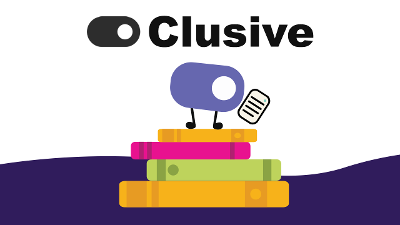
Clusive is an adaptive and accessible web-based reader designed to engage students in independent reading. Based on the inclusive principles of Universal Design for Learning (UDL), Clusive scaffolds the development of reading skills for students in grades 5 through 12.
-
Podcast
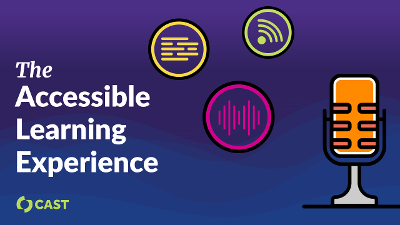
National AEM Center at CAST, 2021
In part 1 of our three-part interview, CAST co-founders David Rose and Skip Stahl look back to the early years of accessibility at CAST and the work that laid the foundation for a number of innovations that continue to shape the field of education today.
-
Podcast

National AEM Center at CAST, 2022
In this episode, Lynn McCormack and Kristin Robinson from the Clusive team join us to explain the many accessibility features and Universal Design for Learning supports that are built into Clusive to create a more personalized learning environment that adapts to individual needs and preferences of each learner.
-
Presentation
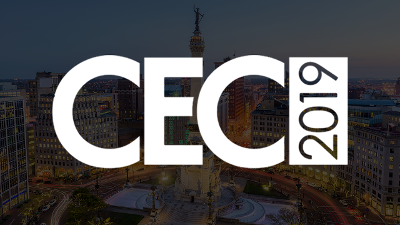
Tuesday, January 29 – Saturday, February 2, 2019
CAST staff have some amazing presentations to share with you at CEC 2019! January 29 - February 2, 2019 Indianapolis, IN
-
Presentation
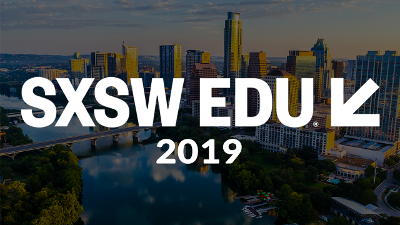
Monday, March 4 – Thursday, March 7, 2019
Heading to SXSW EDU? Check out the fantastic sessions with CAST staff! March 4-7, 2019 Austin, TX
-
The UDL Guidelines are a living, dynamic tool that is continuously developed based on new research and feedback from practitioners. Since the release of “Version 1.0” in 2008, CAST has released three other versions reflecting different structural and content changes. In 2020, CAST launched our most recent effort to update the UDL Guidelines. This update focuses specifically on updating the Guidelines through an equity lens. While the Guidelines have become a valuable tool to help practitioners design for learner variability, we recognize that gaps and biases exist. There has been a strong call from the field—both practitioners and researchers alike—to more fully develop the Guidelines to address critical barriers rooted in biases and systems of oppression. The current update aims to respond to this call and to work toward fulfilling the promise of the Guidelines as a tool to guide the design of learning environments that more fully honor and value every learner.
-
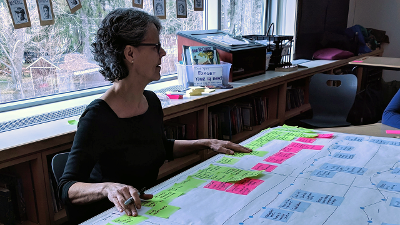
Education co-design—an extensive collaboration among participants in a learning ecosystem to design the best possible solutions—fits succinctly with CAST’s core mission to “bust the barriers of learning” for all through its Universal Design for Learning (UDL) framework.
-
Statement
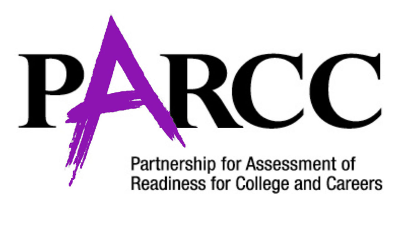
CAST, 2013
CAST responds to a request by the Partnership for Assessment of Readiness for College and Careers (PARCC) for comments on its draft PARCC Accommodations Manual for the organization’s large-scale assessment. In this statement, CAST points out five areas where the assessments could be improved to make them more accessible and effective for learners, especially those with disabilities.
-
Webinar
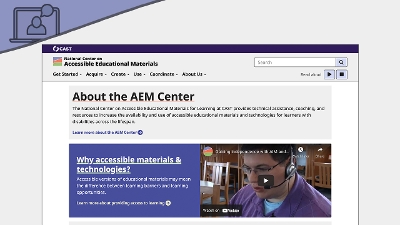
2:00PM – 3:00PM ET on Tuesday, May 18, 2021
Let the AEM Center's technical assistance team introduce you to our new website.
-
Statement
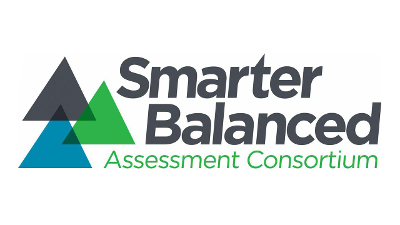
CAST, 2013
CAST responds to the Smarter Balanced Assessment Consortium’s draft of Accessibility and Accommodations Guidelines.
